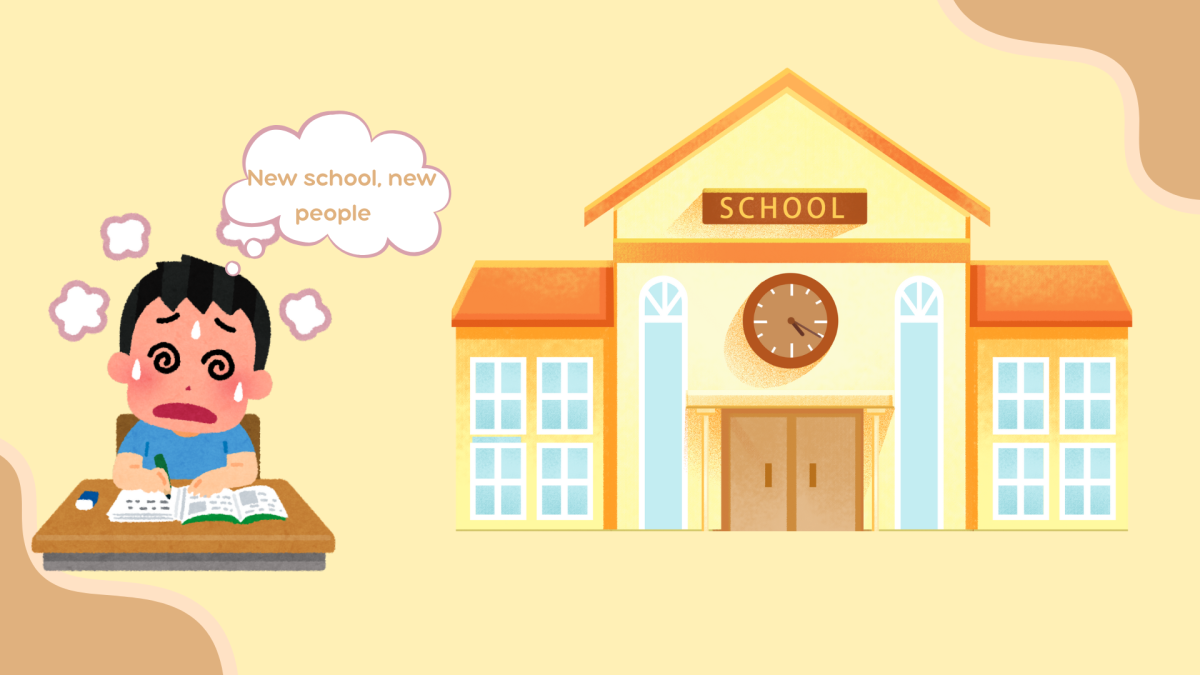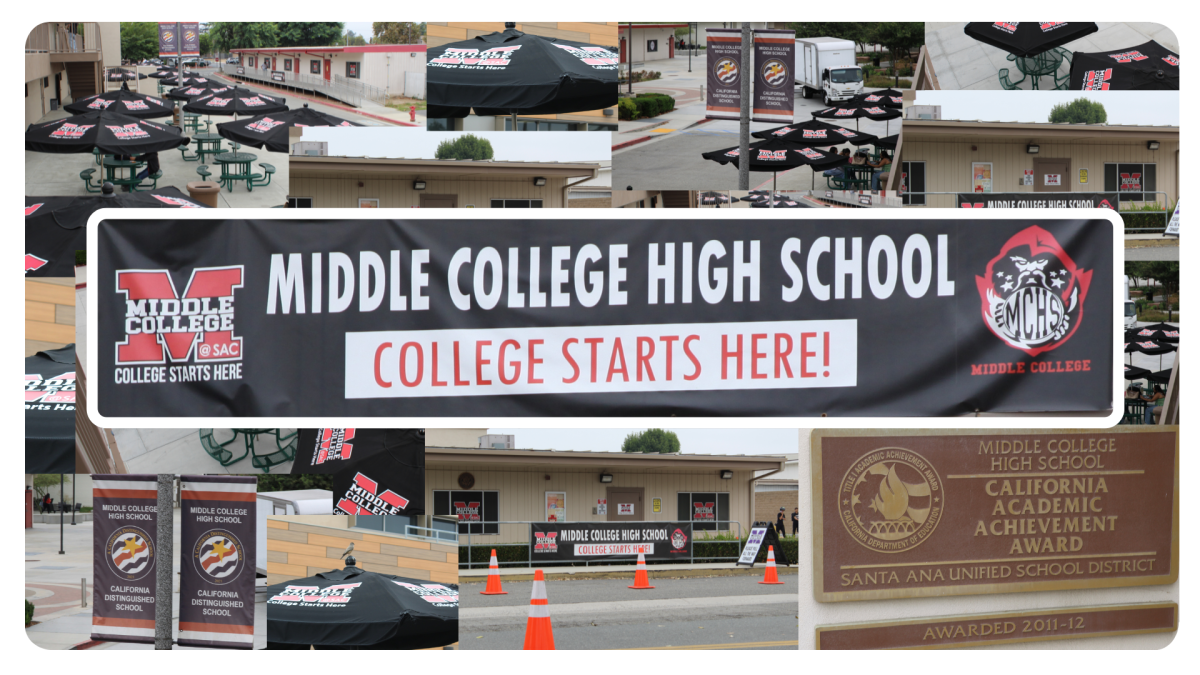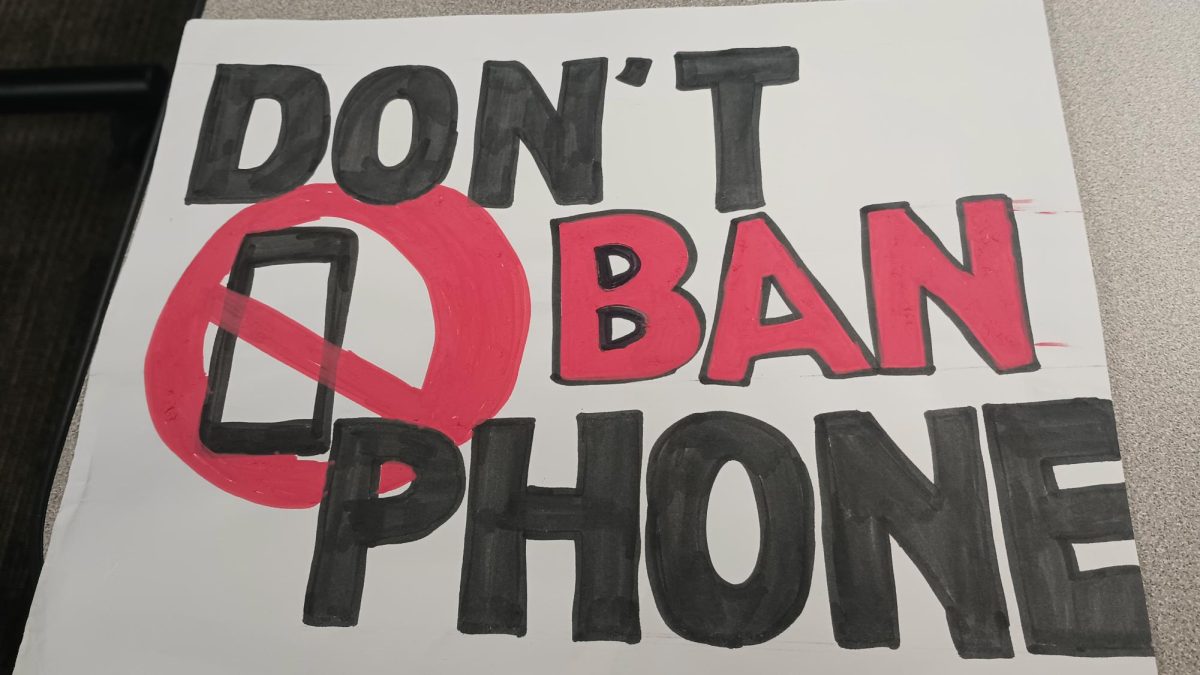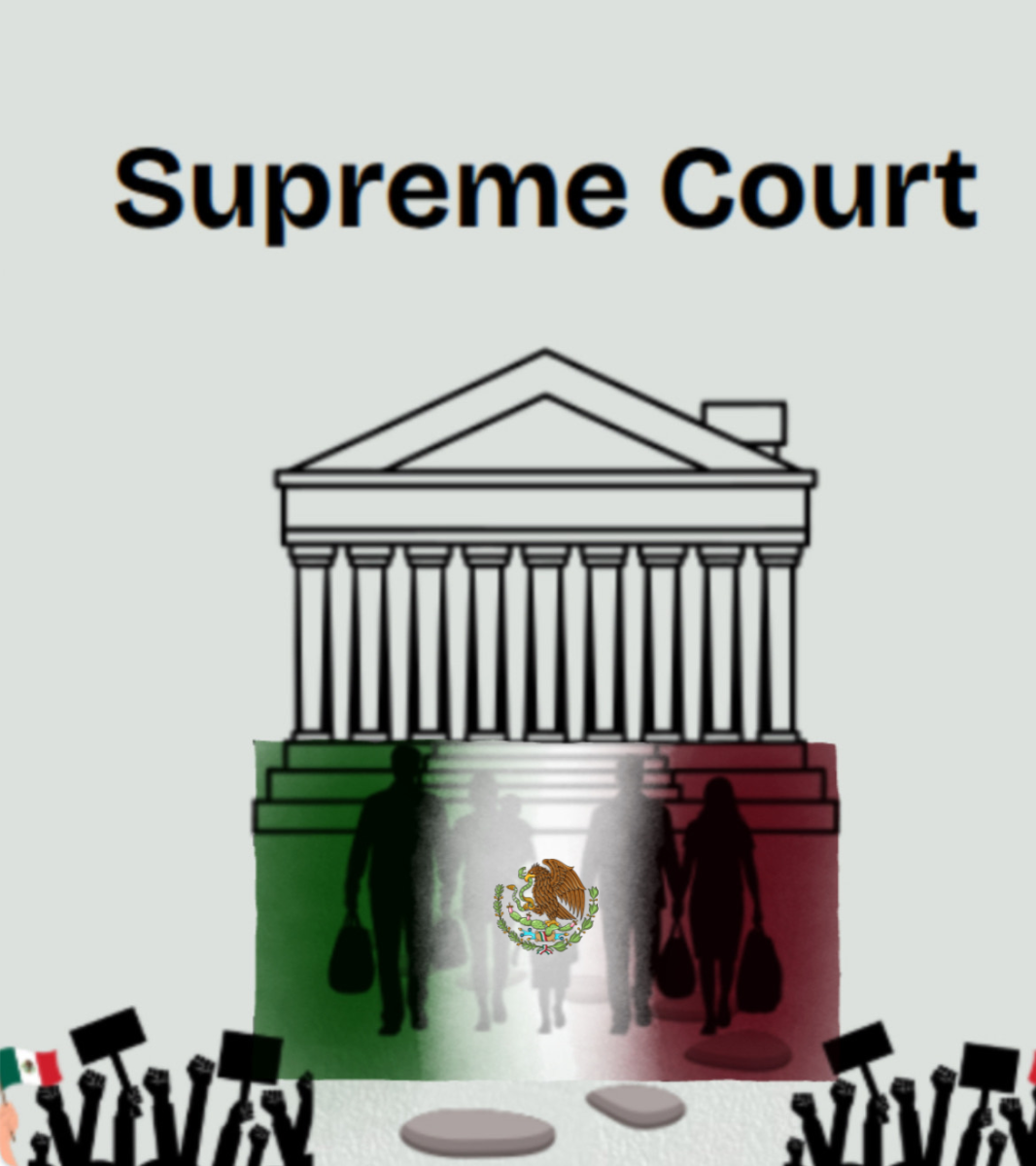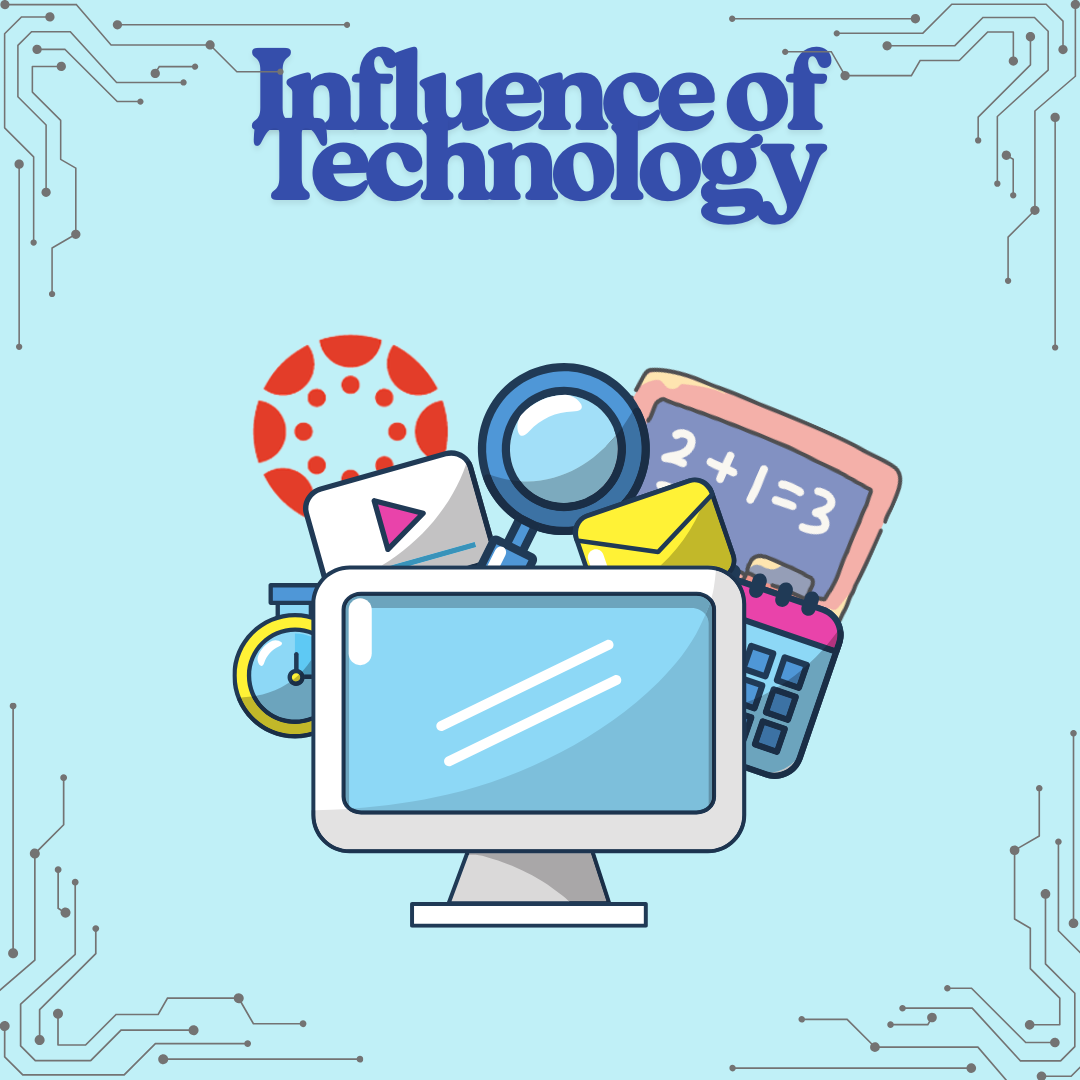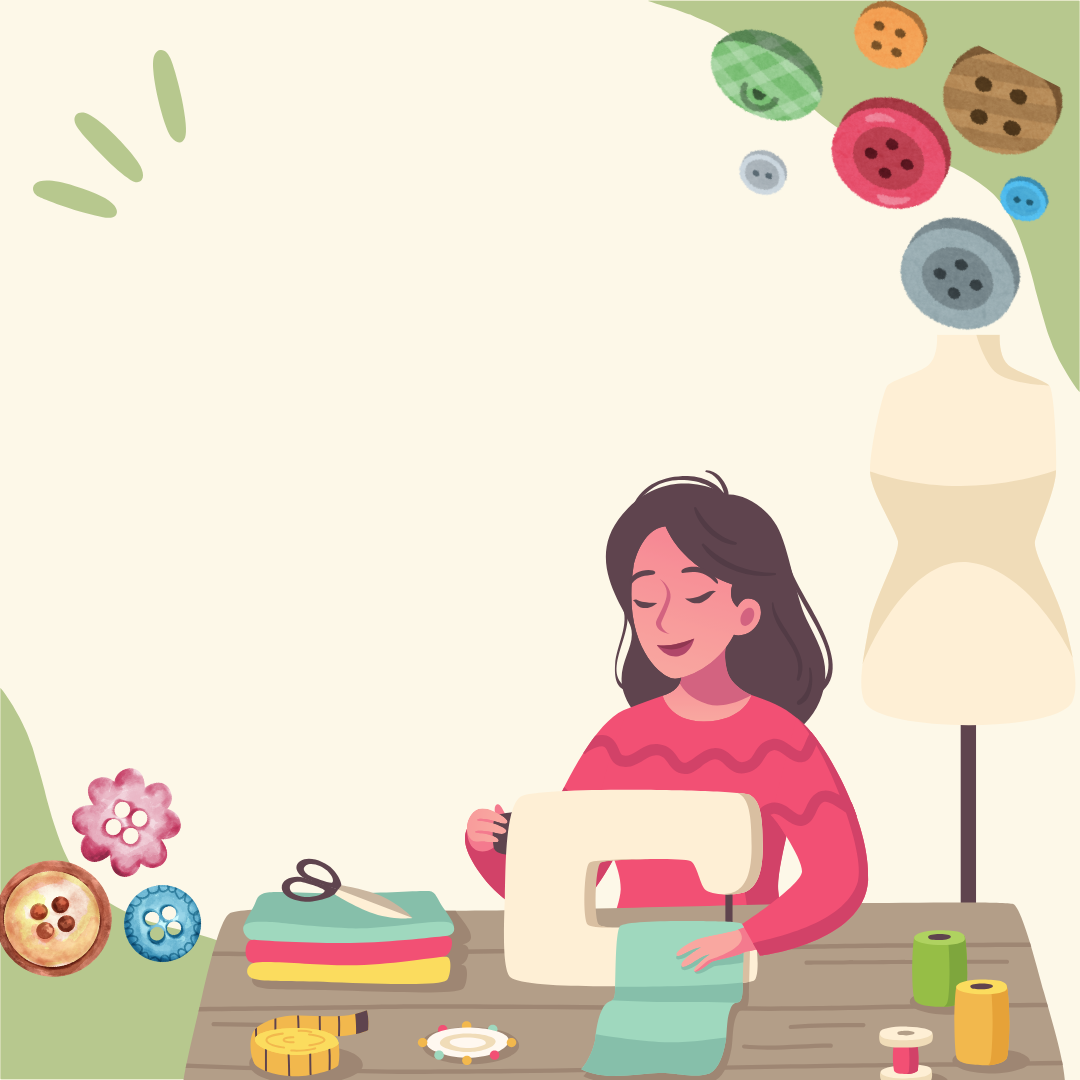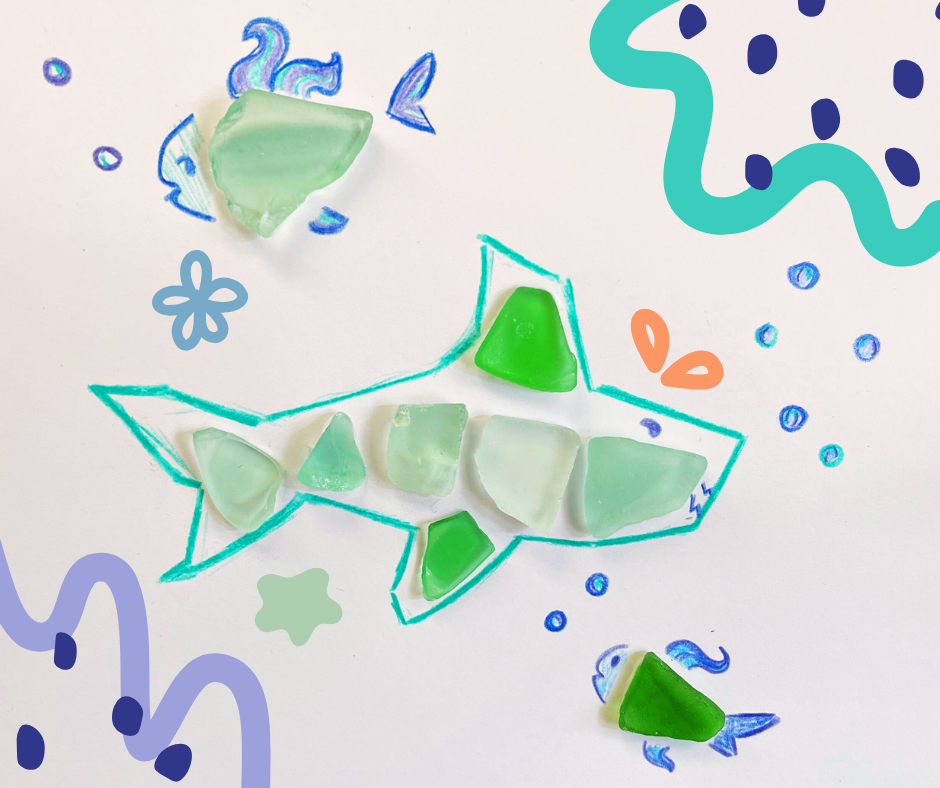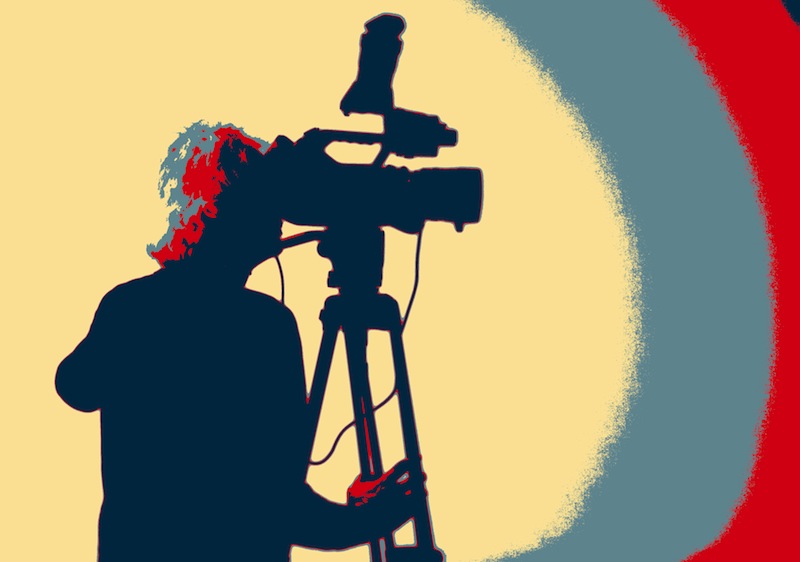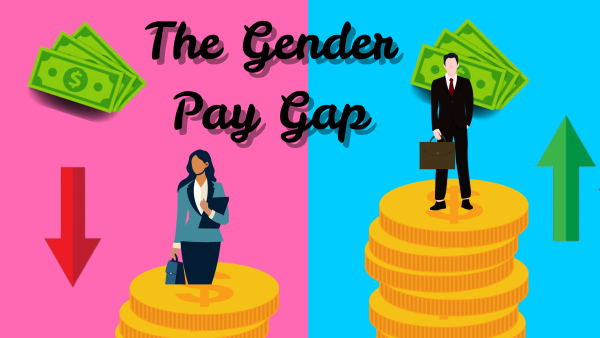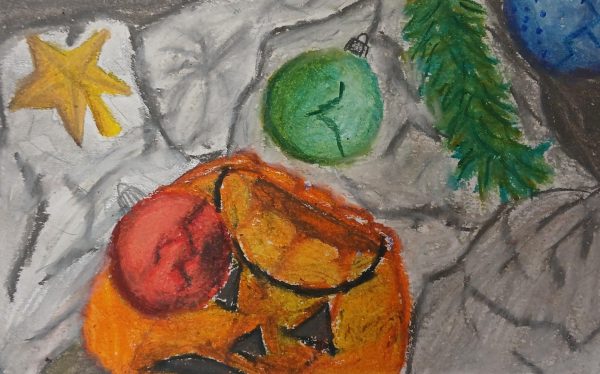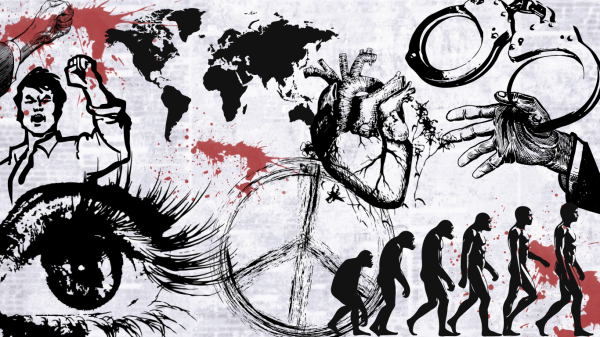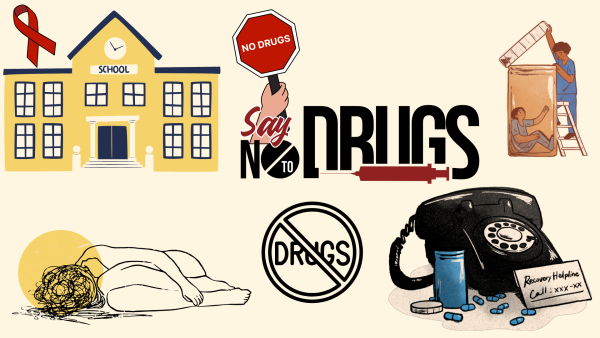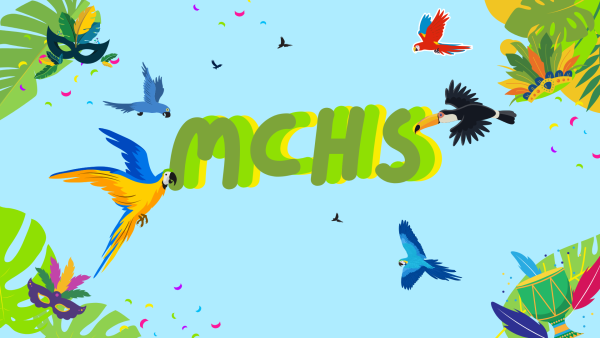More representation in entertainment is breaking barriers
Representation is impactful. In the modern age, more and more marginalized groups have gained spotlights that will be impactful for future generations. Especially industries such as film, television, and music have recently had an influx of representation.
In movies, more LGBTQ-centered and people of color-centered stories have been shown. Movies such as “Call Me By Your Name” and “Moonlight” were both nominated for Academy Awards. Both movies focus on issues and stories within the gay community. The latter also has representation for the black community. Recently, “Love, Simon” has been gaining attention. The plot revolves around a high school student who struggles with coming out. This work toward normalizing same-sex love have impacted LGBTQ audiences, myself included. I left the theater feeling emotional as parts of the movie (“Love, Simon”) resonated with me personally. “Black Panther” is a movie with an all-black main cast that has become widely-known and hugely successful. Black audiences everywhere have expressed their appreciation for this movie as it is monumental for their community. Both film and television display scenes and plots impactful for many.
Television also has become more representative. “The Fosters” is a show on Freeform that discusses queer, brown, and female issues. Two strong, lesbian women raise a family of adopted children as they venture through life. Sexuality, gender identity, gun control, immigration, and the meaning of family are some of the various topics within the show. Another show, “On My Block” follows a group of teenagers in a predominately Hispanic and Black neighborhood in Los Angeles. The show shines light on issues faced by communities like these.
Representation can also move its way from scripts to song lyrics. Music is an outlet where many feel safe. Musical artists from underrepresented communities are becoming role models. Hayley Kiyoko is an openly lesbian pop singer. She is unapologetic of her sexuality; she uses female pronouns in her songs and has female love interests in her music videos. Her music has even helped a fan’s, Savanna Garcia, younger sister accept herself due to Kiyoko’s music:
Troye Sivan is another example of this. He is openly gay and expresses this in his various songs and videos. Most notably, his “Blue Neighbourhood Trilogy” is a series of music videos that follow the sad story of him and a lover. In addition, rising pop singer Kim Petras is transgender and hopes to help those in the trans community. Others like Kehlani and Frank Ocean are bisexual artists who embrace their sexuality. Miley Cyrus has stated she is pansexual (attraction toward people regardless of identity) and gender fluid (fluctuating between genders). All of these artists and many more are important for the LGBTQ+ community. They make people in the community feel validated. They also help open doors for what these terms may mean or how to find self-acceptance. Aside from queer artists, many POC artists are also vocal on their own issues. Beyoncé is a staple for black empowerment as shown in her performances, videos, and songs. In her song “Formation,” she sings about how she loves her features. At her Superbowl performance, her outfit resembled that of the Black Panther Party, a political organization created in 1966 with the intentions of Black protection and empowerment. Princess Nokia, an Afro Puerto Rican artist, is also vocal about societal issues. Both in her songs and real life, Nokia embraces and discusses her Black, Puerto Rican, and Native cultures. Other artists are vocal about important issues. Artists and actors alike are representing themselves unapologetically which is important for many.
From the big screen to our television screens to our earphones, representation finds itself to be impactful to many minorities. Being vocal or by simply existing, those who represent the unrepresented are leading paths of normalization and empowerment.
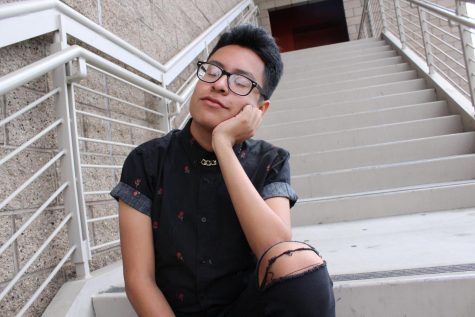
Fun Facts:
Let's get one thing straight, I'm not.
I think I'm obsessed with Starbucks.
I had a mohawk in elementary.

